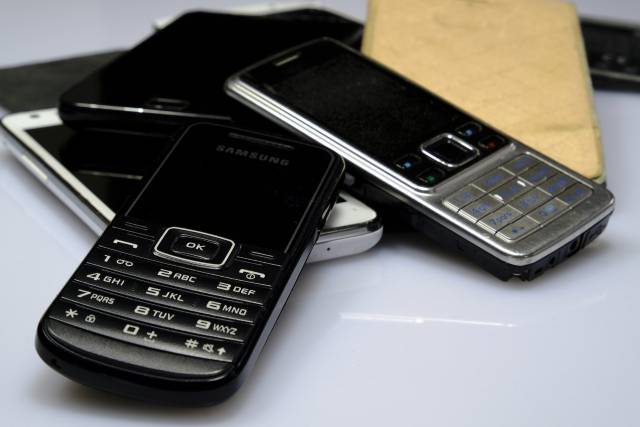The City of Helsinki is actively analysing how to carry out environmentally sustainable consumption practices. This is the ambition of the City's new Procurement Strategy that places a strong emphasis on the responsibility and impact of procurements. The city’s procurements are also one of the four focus areas in the City of Helsinki’s Roadmap for Circular and Sharing Economy, which was approved in May 2020.
Due to the rapid growth of electronic waste it is important to especially pay attention to this waste category and to explore how the City of Helsinki could act as a pioneer in responsible ICT procurements. This was the objective of the master’s thesis written by Sami Syrjälä, who studied in the Environmental Change and Global Sustainability programme, offered by the University of Helsinki.
In this study, the practices and environmental impacts of two ICT supplier companies were assessed. One company implemented a product-as-a-service-based business model, while the other one followed a more traditional business model in which the customer owns the devices.
According to the results of the thesis, the most important environmental impacts of ICT devices stem from CO2e impacts and material consumption. The differences between the two procurement models appeared at the end of the devices’ life cycles. In the product-as-a-service-based model, the devices were almost always refurbished and reused after the first life cycle, while in the ownership-based model they were mainly recycled.
The main conclusions of Syrjälä's thesis are outlined below:
- For some electronic products, recycling can actually be a better alternative than reusing in terms of the CO2e emissions that are caused during the product’s life cycle. This is the case if the majority of the product’s CO2e impacts stem from the use phase and the energy efficiency of the devices develops rapidly. An example of a product like this could be a freezer or a refrigerator. However, for the devices under consideration, laptops, and tablets, the majority of the environmental impacts. stem from the production phase, which is why reusing them is a more efficient way of affecting the products’ life cycle impact.
- It is still important that the devices are also recycled after the second life cycle, and that they are resold to an operator who is committed to such actions.
- In addition to reuse, another way of extending the devices’ life cycle and decreasing the environmental impacts is to renew the devices more slowly. Also, currently the devices are often left in a storage after they have served their first life cycle, even though there would still be monetary value and use potential left in them.
- From an organisation’s perspective, it is important to maintain the circular flow of the products’ materials and value. It is also essential that organisations demand transparent information from the operators who take care of the products’ end-of-life treatment operations. This is especially challenging, but important when the reselling and recycling markets are global.
For Helsinki these insights have been highly valuable. The city is aiming to use this information when planning its next tender for the city's mobile devices. The full thesis can be found here.




